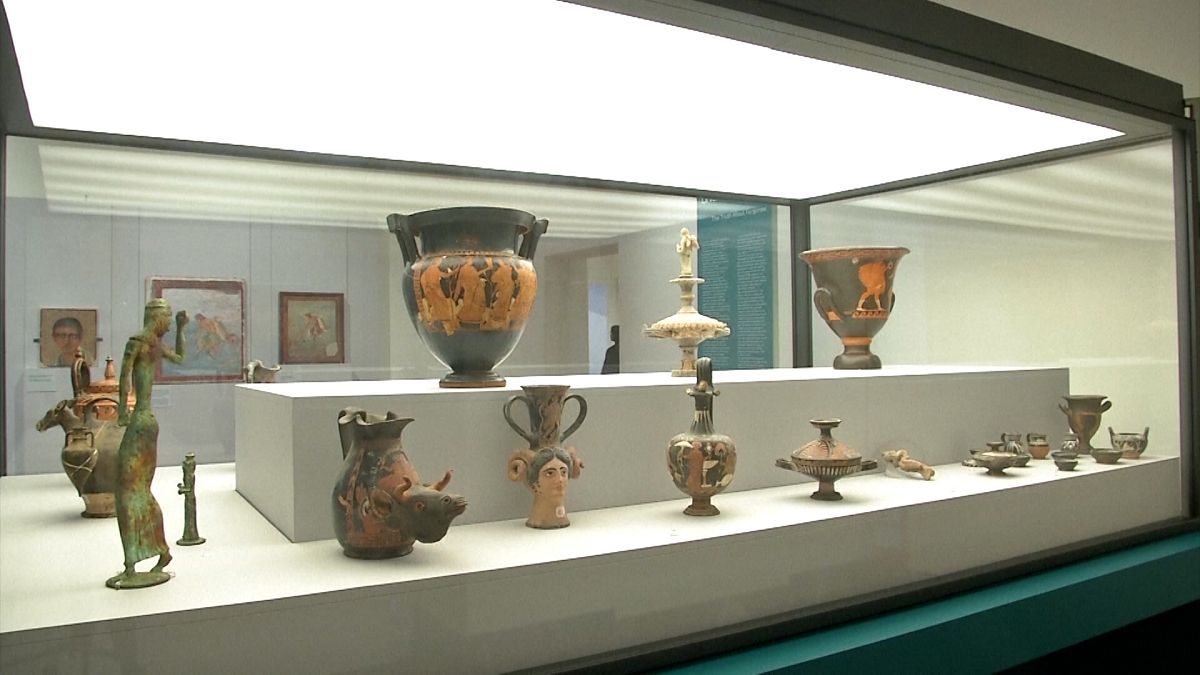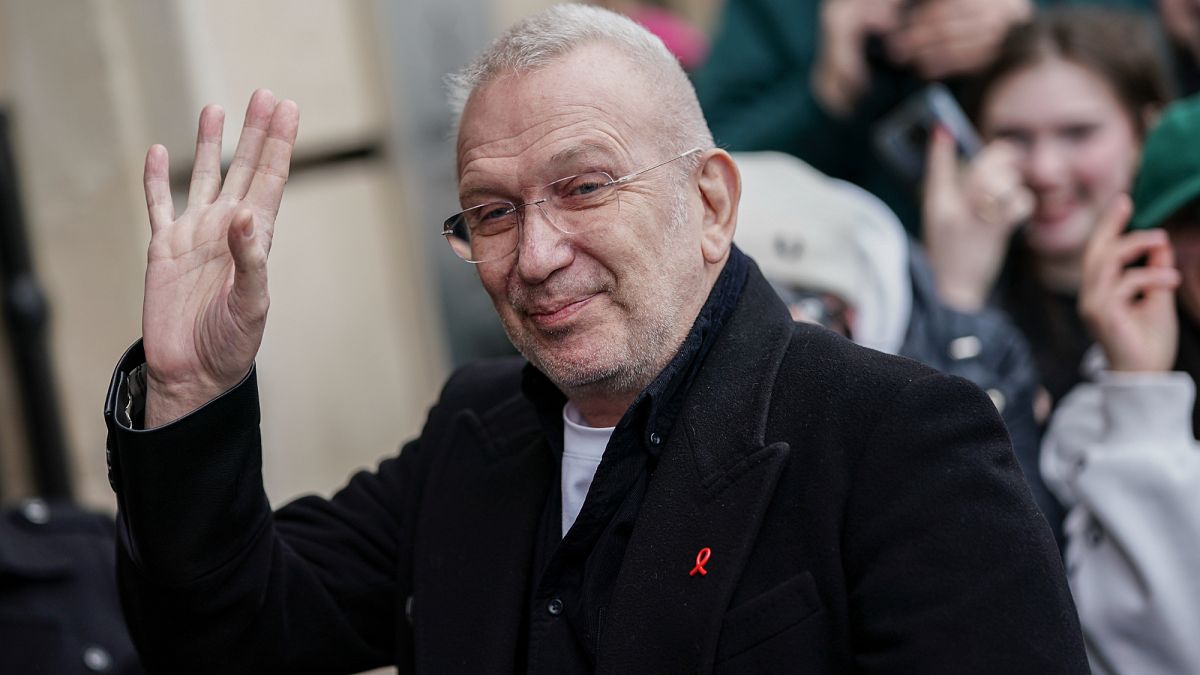Peru has been holding a day of mourning along with the world of literature to honour Mario Vargas Llosa. The celebrated Peruvian writer, and Nobel Laureate in Literature, has died at the age of 89 in Lima, leaving a huge void in the world of letters. His death has shocked readers, writers and world leaders, who have expressed their grief at the loss of one of the most influential voices of the 20th century.
In Spain, Prime Minister Pedro Sánchez described him as "a master of words". In a message on the social network X, he expressed his gratitude "as a reader for an immense work, for so many key books to understand our times".
"On behalf of the Government of Spain, I send my condolences to the family, friends and the great community of readers around the world", Pedro Sánchez continued. The Royal Household has sent condolences to his family via social media.
Vargas Llosa received the Prince of Asturias Award for Literature from the hands of the now King Felipe VI in 1986. Author of works such as "The City and the Dogs" and "The Feast of the Goat", he not only left his mark on Latin American literature, but also became a global icon.
In a statement from Peru, his native country, the government mourned "the death of Mario Vargas Llosa, universal writer and distinguished winner of the Nobel Prize for Literature. His intellectual genius and his vast oeuvre will remain an enduring legacy for future generations".
On the streets of Madrid, the city that welcomed the writer in his last years, the sadness of his fans was widely reflected. "I loved Vargas Llosa, he had a great impact on me. "The Feast of the goat" (La fiesta del chivo) left its mark on me, but also "Aunt Julia and the Scriptwriter" (La tía Julia y el escribidor), a marvellous novel," one reader told Euronews. Another admirer of the writer highlighted his human qualities: "Beyond his books, I liked him as a person".
Speaking to Euronews, the former director of the Royal Academy of the Spanish Language (RAE), Darío Villanueva, of which Vargas Llosa was an academician, said that he was "a universal writer, very cosmopolitan, faithful to his Peruvian roots but also to Spain".
His ability to weave complex stories with an accessible style made him a favourite with the public. Villanueva, who had been very close to the author for years, underlined his relevance: "His prose was aesthetically demanding, but always accessible. He managed to merge cultured and popular literature, leading readers to enjoy his extraordinary narrative".
Vargas Llosa's impact transcends borders. His work, influenced by his life in Paris, London and Madrid, integrated the European literary tradition with his Latin American roots. Novels such as 'Conversation in the Cathedral' and 'The Green House' reflect this fusion, which revitalised Spanish-language fiction.
"His success with 'The City and the Dogs' in 1963 was a revulsive for the Spanish novel, which was at a dead end," explained Villanueva. This impulse extended to the Latin American 'boom', where Vargas Llosa, along with names such as Gabriel García Márquez, reoriented Hispanic literature towards an overflowing imagination and a seductive style. His commitment to form and history made him an inescapable point of reference.
Literary critic and member of the RAE (Royal Spanish Academy)
Beyond his novels, Vargas Llosa was a literary critic, journalist and essayist of enormous relevance. His columns in 'El País', published in its 'Touchstone' (Piedra de toque) section, offered sharp reflections on reality. "Mario was a great critic and literary theorist, but also a friend of enormous sympathy, sincere and courteous," recalled Villanueva, visibly affected.
His time at the RAE, where he was an active participant, left an indelible mark. "He gave splendour to the Academy with his ability to assume the variants of Spanish and his authority as a writer," says Villanueva. His acceptance speech, dedicated to the Spanish novelist Azorín, and his admiration for authors such as Flaubert and Faulkner, show his connection to world literature.
Mario Vargas Llosa's legacy will live on in every page he wrote and in the memory of those who will continue to read him. As Villanueva says,"his void is impossible to fill". Today, the world bids farewell to the eternal 'scribe', but his stories will live on.

 1 day ago
6
1 day ago
6






 We deliver critical software at unparalleled value and speed to help your business thrive
We deliver critical software at unparalleled value and speed to help your business thrive






 English (US) ·
English (US) ·